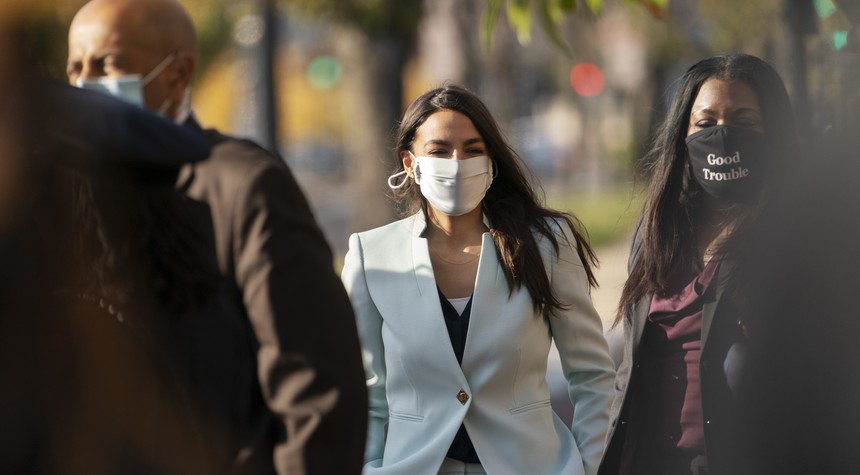Beneath all the other issues dominating the news cycle, a little-discussed bill is before the House and set for a vote next week. That bill could change the physical and electoral landscape of the United States.
The bill, called the Puerto Rico Status Act, went through markup in committee on Wednesday. If it passes through Congress, it would give the Puerto Rican people a chance to vote on statehood. It’s not a new initiative, but what is new is that this bill provides another option: Independence.
The bill provides three options that Puerto Ricans would vote on regarding their territory’s future with America including statehood, independence, and “sovereignty in free association with the United States.”
Under the bill’s third option, Puerto Rico would have “full authority and responsibility over its citizenship and immigration laws” but would also simultaneously allow for Puerto Ricans born before independence day to retain their citizenship.
Puerto Ricans who are not citizens but in the U.S. should the hammer drop on the option of free association would be eligible for naturalization as an American citizen.
Additionally, children born in Puerto Rico to two U.S. citizens would be recognized as American citizens, as well. This would last for “the duration of the first agreement” of free association, but that could be indefinite.
Democrats have eagerly been pushing this bill, even going so far as to bypass Republican input. Alexandria Ocasio-Cortez threw herself into the mix, and there were fears that she may include poison pills in the legislation to deter Republican support. However, while Republicans may not get everything they’d like in the bill, there is potential there for the GOP to capitalize on.
AOC, by the way, seems much more interested in Puerto Rico choosing independence rather than statehood. For some reason, she seems to think that offering statehood is just as colonialist as maintaining its status as a territory.
Even Democratic Puerto Rican voters have typically been far more socially conservative than their Democratic counterparts on the mainland, and many of their leaders have been solid conservatives. In late June, I was able to interview former governor Luis Fortuno on the subject of statehood.
The fear among Republicans has always been that a Hispanic-dominant territory becoming a state would instantly be a blue state, but that’s not always how the island votes. What’s more, as I’ve pointed out, it’s not like Hispanic voters are currently a lock for Democrats — in fact, the polling indicates the opposite. And Republicans who have gotten solid support from Hispanic voters — Ron DeSantis, Marco Rubio, and even Donald Trump — all support the statehood movement.
Regardless of the politics of the issue, it’s far past time for the United States to either admit Puerto Rico or let it go. Hopefully, this bill will lead to a change in our policy on the matter, and the Puerto Rican people will make a more definitive choice.

